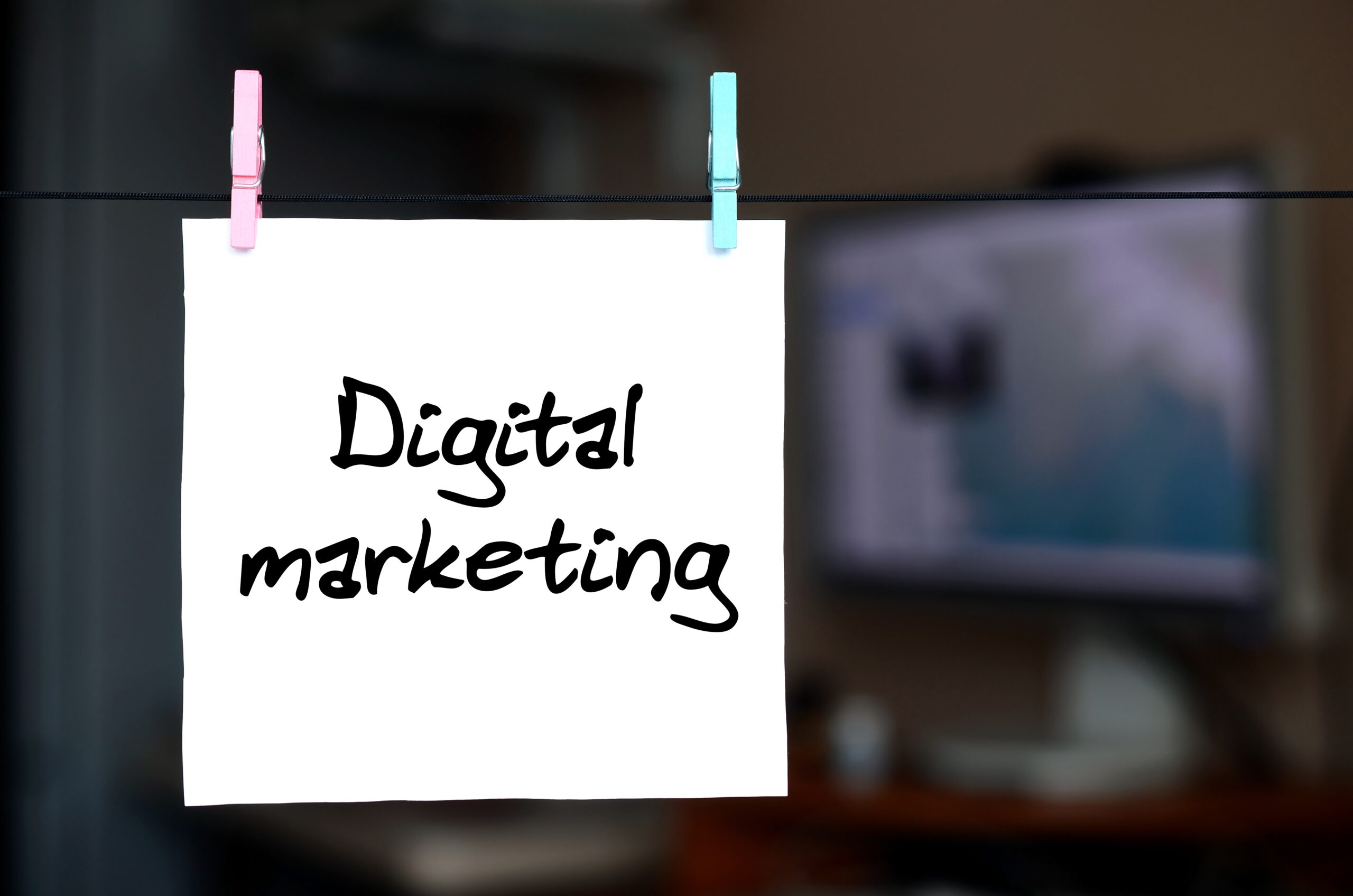Master in Digital Marketing for Events in EEUU
price :
1.000 $
General Information
- Level: Master's degree
- Mode: Online
- Type: Marketing and sponsorship
- Duration: 1 year
- Hours: 1500 Hours
- Enrollment period: 17-10-2025
- Start date: 20-11-2025
- Financing: 11 months
Master in Digital Marketing for Events in EEUU

About Master in Digital Marketing for Events in EEUU
What does it prepare you for? Master in Digital Marketing for Events in EEUU
The Master in Digital Marketing for Events prepares you to take on a pivotal role in promoting and ensuring the success of events through digital marketing strategies. You will be ready to:• Design Digital Marketing Strategies: You will learn to design effective strategies that use digital tools to promote events.
• Online Advertising: You will gain skills to create and manage online advertising campaigns that attract a specific audience.
• Social Media Management: You will master the management of social media platforms to increase event visibility.
• Email Marketing: You will learn to use email marketing effectively to communicate with potential and current attendees.
• Digital Analytics: You will gain knowledge on how to measure and analyze the impact of digital marketing strategies.
• SEO and SEM: You will develop skills in search engine optimization (SEO) and search engine marketing (SEM) to increase the online visibility of events.
Content of the Master in Digital Marketing for Events in EEUU
The program covers a wide range of key areas, including:• Digital Marketing Strategies for Events: You will explore in detail the specific strategies that work to promote events online.
• Online Advertising: You will learn how to plan and execute effective online advertising campaigns on platforms such as Google Ads and Facebook Ads.
• Social Media and Digital Marketing: You will master social media management and the creation of content that attracts the audience.
• Email Marketing: You will learn how to design email marketing campaigns that keep attendees informed and engaged.
• Digital Analytics: You will gain skills in using analytics tools to measure the performance of digital marketing strategies.
• SEO and SEM: You will explore techniques to improve the online visibility of events through SEO and SEM.
Syllabus:
Module 1: Fundamentals of digital marketing
• Submodule 1.1: Introduction to digital marketing
• Submodule 1.2: Main strategies and tools
• Submodule 1.3: Current trends in digital marketing
Module 2: Digital strategic planning for events
• Submodule 2.1: Audience analysis and digital objectives
• Submodule 2.2: Development of communication strategies in digital environments
• Submodule 2.3: Integration of digital marketing in event planning
Module 3: Website optimization and SEO for events
• Submodule 3.1: Design and user experience (UX)
• Submodule 3.2: SEO strategies for events
• Submodule 3.3: Analysis and monitoring tools
Module 4: Content strategies and blogging
• Submodule 4.1: Creation of relevant content for events
• Submodule 4.2: Strategic blogging
• Submodule 4.3: Content distribution on social networks
Module 5: Social media marketing for events
• Submodule 5.1: Social media strategies
• Submodule 5.2: Advertising on social networks
• Submodule 5.3: Online community management
Module 6: Email marketing and automation
• Submodule 6.1: Email marketing strategies for events
• Submodule 6.2: Automation tools
• Submodule 6.3: Audience segmentation and personalization
Module 7: Digital advertising and Google Ads for events
• Submodule 7.1: Advertising campaign planning
• Submodule 7.2: Google Ads and PPC for events
• Submodule 7.3: Retargeting and remarketing
Module 8: Analytics and results measurement in digital marketing
• Submodule 8.1: Analytics tools Digital
• Submodule 8.2: Data interpretation and KPIs
• Submodule 8.3: Reporting and continuous improvement
Module 9: Influencer marketing strategies for events
• Submodule 9.1: Identification and collaboration with influencers
• Submodule 9.2: Collaboration strategies
• Submodule 9.3: Impact and results measurement
Module 10: Audiovisual content marketing
• Submodule 10.1: Creation and production of audiovisual content
• Submodule 10.2: Video marketing strategies
• Submodule 10.3: Platforms and distribution of audiovisual content
Module 11: Digital marketing strategies for real-time events
• Submodule 11.1: Live coverage on social networks
• Submodule 11.2: Real-time marketing strategies
• Submodule 11.3: Integration of interactive elements
Module 12: Final project Master’s degree
• Submodule 12.1: Research and development of the final project
• Submodule 12.2: Presentation and defense of the project
• Submodule 12.3: Evaluation and conclusions
• Submodule 12.4: Preparation for a professional career
• Submodule 12.5: Ethics and responsibility in digital marketing
• Submodule 12.6: Graduation and celebration of success

